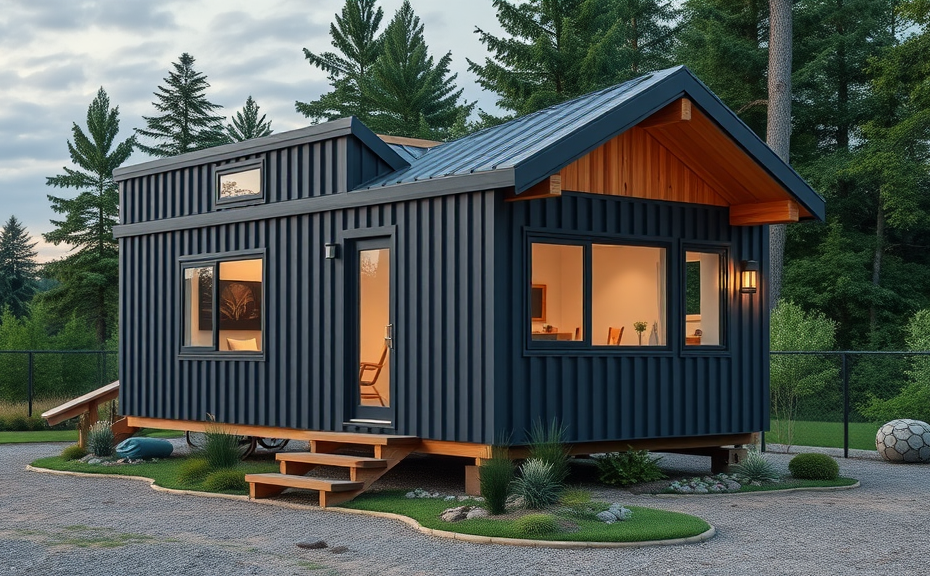When considering alternative living arrangements, the question arises: Is a tiny house better than a container home? Both tiny houses and container homes represent a shift towards minimalism and sustainable living, but they each offer unique advantages and challenges.
Tiny houses are typically built on wheels or a fixed foundation, designed to optimize space and provide a comfortable living experience. These homes often focus on energy efficiency and local building codes, making them a popular choice for those seeking a mobile lifestyle. The customization options for tiny houses are vast, allowing homeowners to create personalized spaces that reflect their taste and needs.
On the other hand, container homes, made from repurposed shipping containers, offer a robust structure at a relatively low cost. They are praised for their durability and the ability to be stacked or combined to create larger living spaces. Container homes can be customized as well, but they often retain more of their industrial feel, which may not appeal to everyone. Additionally, the insulation and modification of container homes can pose challenges that require expert handling.
- Cost: Container homes can be cheaper than building a custom tiny house, especially if you source used containers.
- Mobility: Tiny houses are generally more suited for mobility, unlike fixed container homes.
- Design Flexibility: Tiny houses often offer more creative design flexibility versus the inherent limitations of container dimensions.
- Environmental Impact: Both options promote sustainability; tiny houses often prioritize energy efficiency while container homes recycle materials.
Ultimately, the decision between a tiny house and a container home depends on individual lifestyle preferences, financial considerations, and desired aesthetics. Understanding these factors can help potential homeowners decide which option best aligns with their vision of minimalist living.
